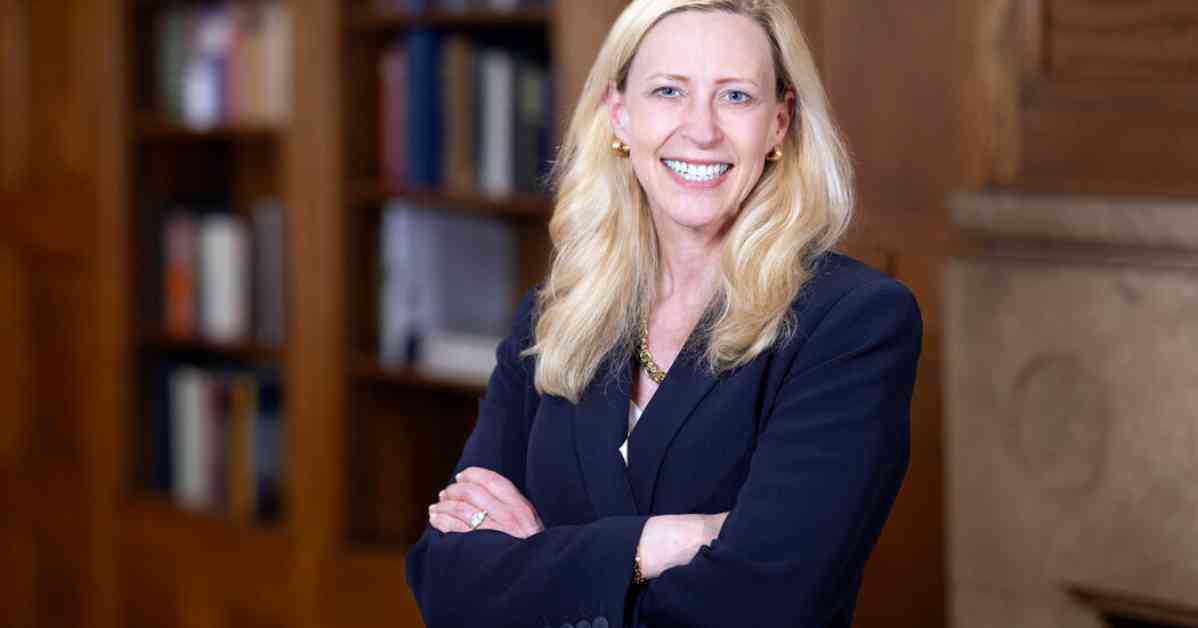Yale President’s Focus on Policing and Leadership at Stony Brook University
Yale University recently welcomed Maurie McInnis as its new president, marking a historic moment as she became the first woman to hold this position permanently. Dr. McInnis comes to Yale from Stony Brook University, where she served as president for four years. However, her tenure at Stony Brook was not without controversy, particularly regarding her approach to policing and leadership.
Challenges at Stony Brook
In the weeks leading up to her appointment at Yale, Dr. McInnis faced criticism at Stony Brook University for her handling of a pro-Palestinian protest on campus. The decision to involve the police in dismantling the protest encampment sparked backlash from the university senate and faculty members, who viewed it as a violation of academic freedom and free speech.
Academic Achievements and Controversies
Despite the challenges she faced at Stony Brook, Dr. McInnis was praised for her accomplishments during her tenure. She successfully raised the university’s profile, secured significant donations, and steered the institution through the Covid-19 pandemic. With a background in early American art history, Dr. McInnis brought a unique perspective to her leadership role, but her emphasis on policing and security raised concerns among some faculty members.
Throughout her time at Stony Brook, Dr. McInnis was criticized for her handling of dissenting voices and her creation of an expanded safety department with intelligence capabilities. These decisions underscored the tension between academic freedom and campus security, a delicate balance that university leaders must navigate in today’s increasingly polarized political climate.
Transition to Yale
As Dr. McInnis assumes her new role as president of Yale University, she faces similar challenges related to policing, free speech, and leadership. The legacy of her tenure at Stony Brook will undoubtedly shape her approach to these issues at Yale, where she will be tasked with upholding the university’s reputation for academic excellence while fostering a campus environment that values diversity of thought and expression.
In conclusion, Maurie McInnis’s journey from Stony Brook to Yale reflects the complexities of leadership in higher education. As she embarks on this new chapter, her experiences at Stony Brook serve as a reminder of the importance of balancing security concerns with the principles of academic freedom and open dialogue. It remains to be seen how Dr. McInnis will navigate these challenges at Yale, but her commitment to advancing higher education in a rapidly changing world is evident.




















